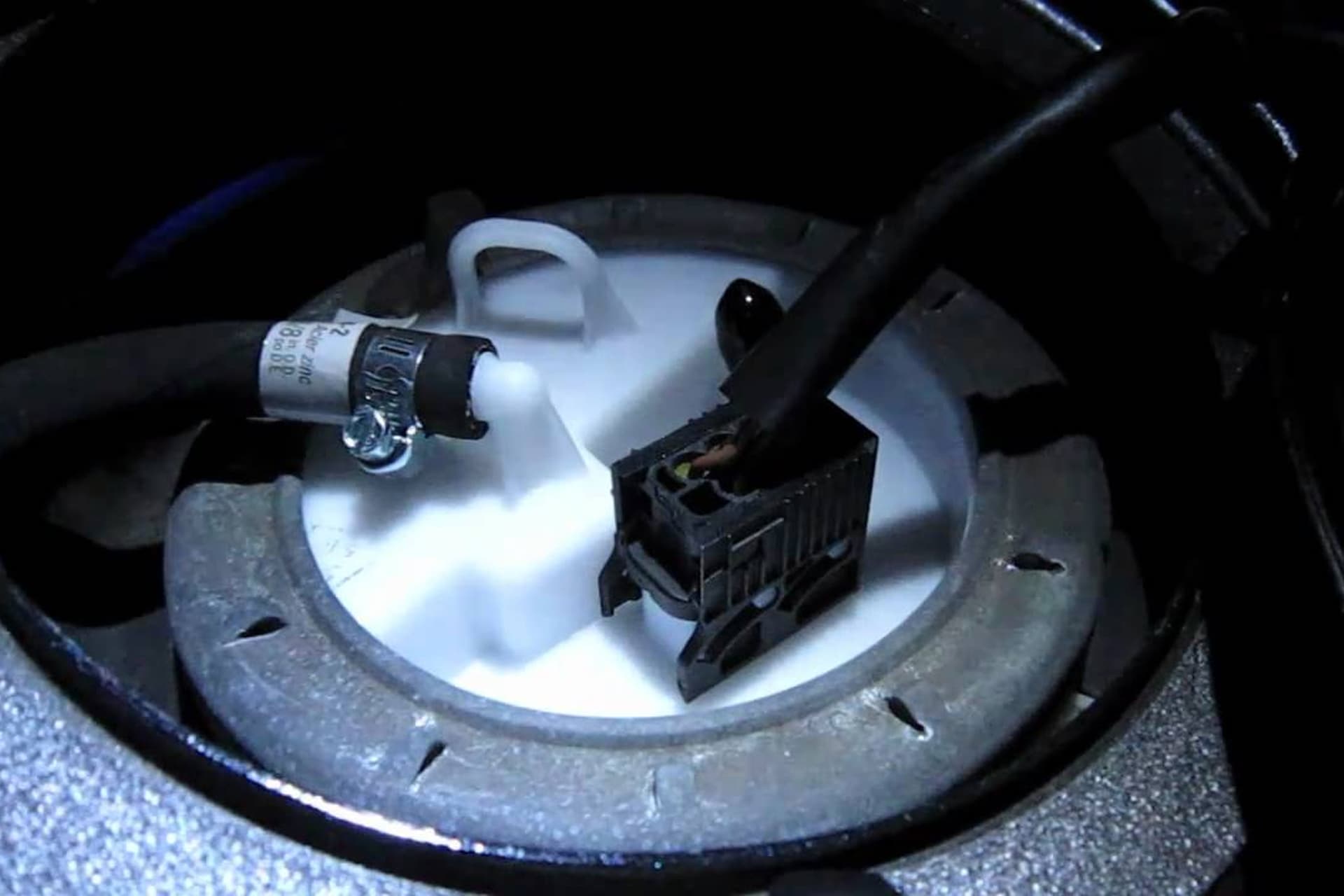
Feb 13, 2023
Temporary Fuel Pump: Common Problems and How to Fix Them
The primary job of the Fuel pump is to provide fuel to the engine from the tank. The fuel pump may develop some problems and sometimes fail, so you might need to replace or fix them. Moreover, most fuel pumps have relays that control them. A temporary fix for a faulty fuel pump can be done by bypassing the fuel pump relay. To do this, locate the fuel pump relay in the vehicle's relay box and swap it with the same type. This will bypass the fuel pump's electrical circuit and allow the pump to operate. Keep in mind that this is only a temporary solution and the faulty fuel pump should be replaced as soon as possible.
There are many different types of fuel pumps but the main ones are mechanical, electrical, and direct-injection high-pressure pumps. All the different fuel pumps have different problems that resolve in different ways.
Electrical fuel pump problem and how to fix it
An electrical fuel pump is a common component in modern vehicles, responsible for delivering fuel from the fuel tank to the engine. If you are experiencing problems with your electrical fuel pump, there are a few potential causes and solutions.
- Dead or Weak Battery: A low battery may not supply enough power to the fuel pump. Try charging or replacing the battery.
- Blown Fuse or Faulty Relay: Check the fuel pump fuse and relay in the fuse box and replace them if damaged.
- Wiring Issues: Damaged, corroded, or loose wiring can interrupt power to the pump. Inspect and repair any wiring problems.
- Clogged Fuel Filter: A blocked filter can restrict fuel flow, putting extra strain on the pump. Replace the fuel filter if needed.
- Bad Ignition Switch or Control Module: If these components fail, the pump might not receive the signal to turn on. Have them tested.
- Low Fuel Pressure: Use a fuel pressure gauge to check for proper pressure. Low readings may confirm a pump issue.
- Engine Warning Light: If the check engine light is on, scan the system for diagnostic trouble codes (DTCs) that could point to the pump.
If neither of these solutions fixes the problem, it is possible that the fuel pump itself is faulty and needs to be replaced. This is a more complex repair, and it is usually best to have it done by a professional mechanic.
Mechanical fuel problems and how to fix it
A mechanical fuel pump is a vital component of a vehicle's fuel system. If the fuel pump is not functioning properly, it can cause a variety of problems that can affect the performance and drivability of the vehicle. Here are some common problems with mechanical fuel pumps and how to fix them:
Failure to deliver sufficient fuel
This can be caused by a clogged fuel filter, a leaking fuel hose, or a faulty pump. To fix this problem, you will need to replace the fuel filter, repair or replace the fuel hose, or rebuild or replace the fuel pump.
Failure to deliver fuel at all
This can be caused by a faulty pump, a broken drive belt, or a malfunctioning electrical circuit. To fix this problem, you will need to rebuild or replace the fuel pump, replace the drive belt, or repair the electrical circuit.
In order to diagnose and fix fuel pump problems, it is important to have a good understanding of the fuel system and how it works. If you are not familiar with this process, it is recommended to seek the assistance of a professional mechanic.
So finally, if you suspect that your fuel pump is not working, it's important to have it inspected and repaired as soon as possible to avoid costly engine damage.